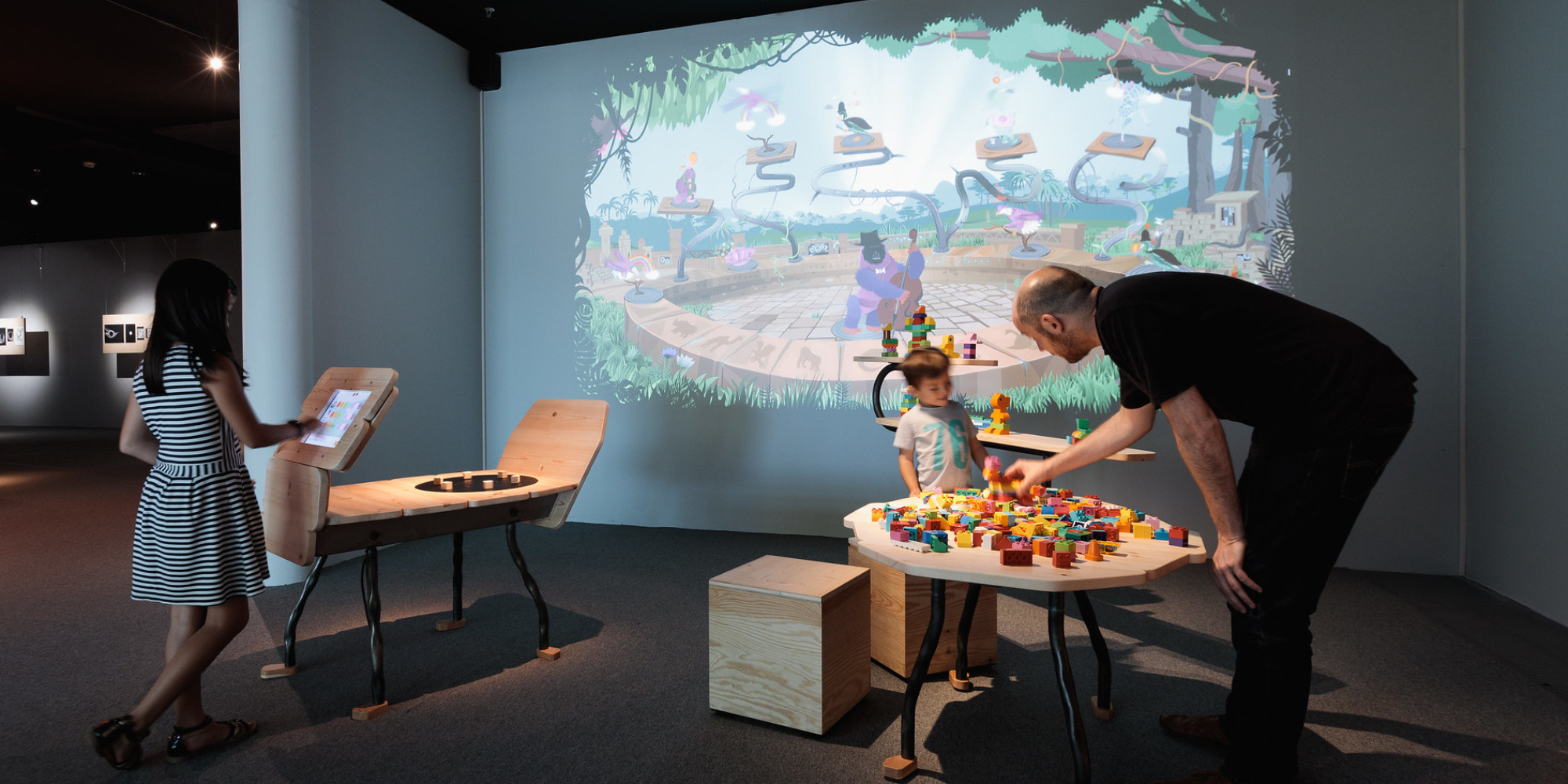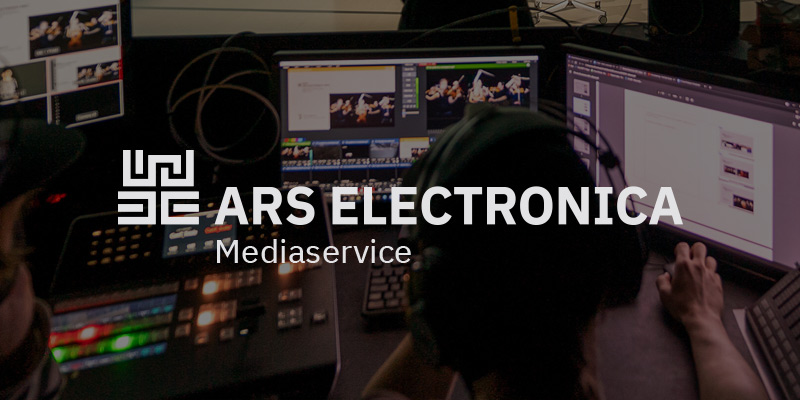Ars Electronica Center
Ars Electronica Blog
(Linz, Oct. 12, 2021) For the 9th time, Linz’s cultural institutions are offering creative and cultural programs for young audiences during Kinderkulturwoche (Children’s Culture Week) in October. Of course, the Ars Electronica Center will be on board from October 14 to 24, offering a rich program of activities. For example, microbiomes will be made visible in the workshop Klatsch-Abklatsch, Maschine 9x klug will ask how clever machines can be compared to humans, tea will be set to music in “The Sound of Tea” and different types of machines will be moved according to their own will in the Circus Robotikus. Deep Space 8K and the Children’s Research Lab will also be a hive of activity! Admission for children up to 14 years of age is free, workshop participation costs 2 euros. Workshop registrations at center@ars.electronica.art or 0732.7272.51 are required.
An overview of the program:
Children’s Research Lab
TUE 14.10.2021 – SUN 24.10.2021 / TUE-FRI 9:00-17:00 / SAT & SUN 10:00-18:00
For kids from 4 to 8 years
How can you introduce children to new technologies? In response to this question, we’ve developed our own research lab just for kids. The Ars Electronica Children’s Research Lab is a multifaceted playground that gives kids time and space to play and discover our world, both digital and analog, natural and artificial. For children, the world is a single laboratory in which every moment can become an experiment and every path a journey of exploration.
Children Culture Deep Space
FRI 15.10.2021 – SUN 24.10.2021 / daily from 16:30-17:00
For kids from 4 years
Together, we will embark on a virtual journey in 2D and 3D that spans an arc from historical monuments and places of worship to current media art. Using examples from architecture, painting and media art, we will explore two questions: How can the past remain accessible through technological means? And how has the function of art changed over time?
Workshop: Klatsch-Abklatsch
FRI 15.10.2021 & FRI 22.10.2021 / Slots from 13:00-15:30
For kids from 5 to 10 years
What is the microbiome? How do you make invisible living organisms visible? And why is microbiological diversity important for our future? In a short workshop, kindergarten and elementary school children dive into the fascinating world of microbes. By slapping fingers, pieces of plants and fruit on a special culture medium, the little researchers learn how microbes are made to grow and what can come out of them.
Workshop: The Sound of Tea
SUN 17.10.2021 / 14:00-17:00
For kids from 12 to 14 years
In the workshop, you will learn in an unusual way how a material produced by fungi can emit music in combination with electronic components. During the fermentation of tea, fungi and bacteria create a membrane that emits sounds with the help of magnets. The experimental production of a small loudspeaker conveys the simple functioning of an everyday object and lets the children explore the use of an unknown material in technology, design and art.
Workshop: Maschine 9x klug
SAT 16.10.2021 & SAT 23.10.2021 / 14:00-16:30
For kids from 6 to 10 years
How smart can computing machines be? People talk about computers being able to think and machines being able to learn – we call this artificial intelligence. Many think that this is far too difficult to understand. But in this workshop, we’ll let our own thinking machine run at full speed to find out how smart machines are and how clever they can be at all compared to human intelligence.
Workshop: Zirkus Robotikus
SUN 24.10.2021 / 14:00-16:30
Für Kinder von 8 bis 11 Jahren
Things are pretty fun in the Machine Learning Studio! There are all kinds of different machines. They dart around, dance, and can perform a wide variety of activities. And guess what, they can even learn. Join in this colorful hustle and bustle of robots! You can control them, train them and build your own. Clear the ring for you and your Zirkus Robotikus!
Photo:
Augmented Reality Sandbox / Ars Electronica Futurelab / Credit: vog.photo / Print version
Photo:
Machine Learning Studio / Credit: Ars Electronica – Magdalena Sick-Leitner / Print version
Photo:
Brain Workshop / Fotocredit: Ars Electronica – Martin Hieslmair / Print version


